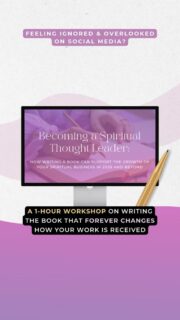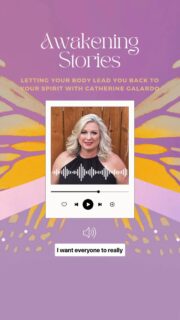Writing a book is a long-haul project—it’s not something that can usually be completed in a single month or even two. It can be easy to lose momentum and passion for your project when so many other things in life seem so much more urgent. How can you stay committed and do the work to actually make your book-writing happen?
Almost everyone dreams of writing a book someday, but not many actually do. The brave souls who are committed to their subject and have a clear vision of how they want their book to help people tend to get the farthest, but then there’s also the all-important physical act of sitting down and actually writing. This is the part that trips up even the most capable and ambitious aspiring authors!
Here are the three main aspects of your book-writing adventure that will allow you to turn your book from being a dreamy idea in your head to a real, tangible book in your hands:
1. Book Proposal
Before you begin writing, it’s important to lay out why you want to write your book, who it’s for, and the key lessons you want your ideal reader to receive from reading your work. You may also include comparative titles – a list of other books similar to your idea along with a description of how yours will be different. You’d be surprised how many ideas can come from the simple act of looking around at what else is available on the market and noticing the gaps where more information and insights are needed!
The book proposal is also a good opportunity to think about what other stories you would like to share on each subject you plan to address and any other research or interviews you’d like to do to create a greater sense of trust and resonance with your ideal reader.
Even if you barely ever go back and read your proposal again, you will have become acquainted with the energy and positioning of your book enough to have a clear vision of what you are hoping to accomplish. Of course, this plan can continue to change and evolve as you go, but by keeping in mind the WHAT, WHY, and WHO, you’ll have a stable foundation that will support you endlessly in your writing process.
2. Create an Outline & Schedule It
The second key is to create an outline for your book, break it down, and schedule it in. Your outline may require moving things around, adding and omitting, so it’s best to type this up on a computer if possible so you can have the flexibility of seeing how different configurations feel to you.
In your outline, you’re creating a story arc where you are taking someone from a beginner to diving deeper into the key lessons you laid out in your proposal. It’s best to start with a strong hook so that they will be excited to keep reading straight from the beginning! You may include a breakdown of each chapter in the order you plan on including them, along with bullet points of stories and research, and the main takeaway you’d like your ideal reader to receive.
Then, when you’re mostly happy with your outline (knowing that it CAN change as you get into writing it!), you can break it down into smaller sections and schedule them into your calendar. For example, you may give yourself a week to work on the first chapter, another week for the second, and so on. As you work on each chapter, you may find that it gets easier – or harder – over time and you may need to adjust your schedule, but just the simple act of adding something to your calendar will make it so much more likely you will actually get it done.
3. Accountability
The third key is one that most people overlook. Without it, even the most well-meaning book progress slowly disappears into the depths of their computer files, never again to be seen in the light of day!
Without some accountability, it’s not likely that your book will be completed anytime soon (or even at all). Other, more urgent tasks and requests will always rise to the top, and your book will fall in priority until it eventually becomes a distant memory until someone dares to utter those cringe-worthy words: “Hey, remember when you were writing your book? How’s that going?”
This is why we recommend working with a Book Coach! As part of our publishing process, we include check-ins every two weeks to help you set goals and talk through any resistance that comes up along the way with an experienced book writing coach / life coach / editor who knows firsthand how grueling the writing process can feel AND how those roadblocks to writing can be overcome.
Simply knowing that you have another person who cares about your progress and who wants to help you succeed will light a fire to help you sit down and smash your writing goals. Then, this process can become a temporary but necessary part of your journey and not an extended stay in stagnant frustration land.
In our society, we have been trained to crave instant gratification, and book writing is definitely not something that provides the dopamine hit our brains have been conditioned to look for. Having someone to hold you accountable doesn’t just mean you have an easier time moving past procrastination; it also means you have another person to help you celebrate your wins!
Each small win of finishing each section of your book eventually leads to a BIG WIN of having a beautiful published book that will be edited by your same Book Coach as well (when you work with us) – by the same person who has gotten to know you on a deeper level and understands your true feelings and intentions about the subject you have been writing about the whole time.
So, there you have it! These are the three keys to writing productivity, and these are also the steps we follow as part of our publishing pathway to help you move from “thinking” about writing a book, to “saying” you’re writing a book, to ACTUALLY writing a book… and getting it done brilliantly.
For more tips like these, sign up for our newsletter here!








